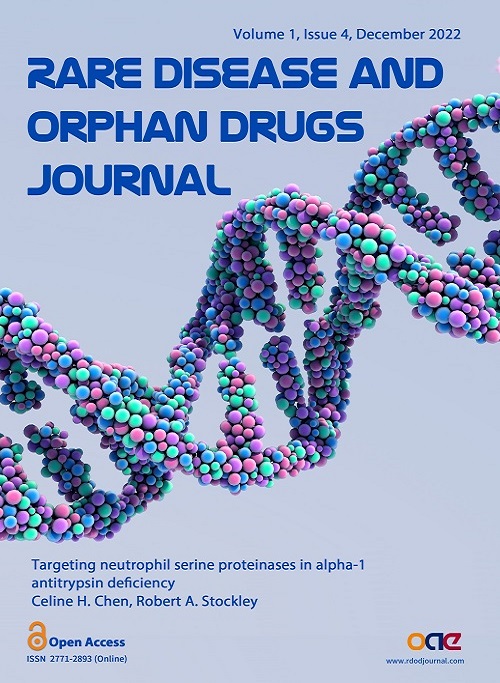Volume 1, Issue 4 (2022) – 3 articles
Cover Picture: Alpha-1 antitrypsin (AAT) is the most abundant irreversible serine proteinase inhibitor in the circulation and plays a major role in protecting lung tissue against destruction from neutrophil serine proteinases. Genetic mutation of AAT leads to reduced circulating levels and AAT deficiency (AATD) which is associated with an increased risk of developing emphysema. This observation suggests that the balance between AAT and neutrophil serine proteinase is crucial in maintaining tissue homoeostasis. In AATD, the overexuberant proteinase activity resulting from inadequate AAT control creates a self-perpetuating inflammatory cycle, driving progressive tissue injury. Re-establishing this physiological balance is therefore critical for preserving lung architecture, function, and abrogating disease progression.
Several avenues within this pathophysiological pathway are being explored. This chapter addresses the pathophysiological process, current treatments targeting the pathway, and alternative approaches within the pathway that can potentially mitigate proteinase imbalance.
Several avenues within this pathophysiological pathway are being explored. This chapter addresses the pathophysiological process, current treatments targeting the pathway, and alternative approaches within the pathway that can potentially mitigate proteinase imbalance.









